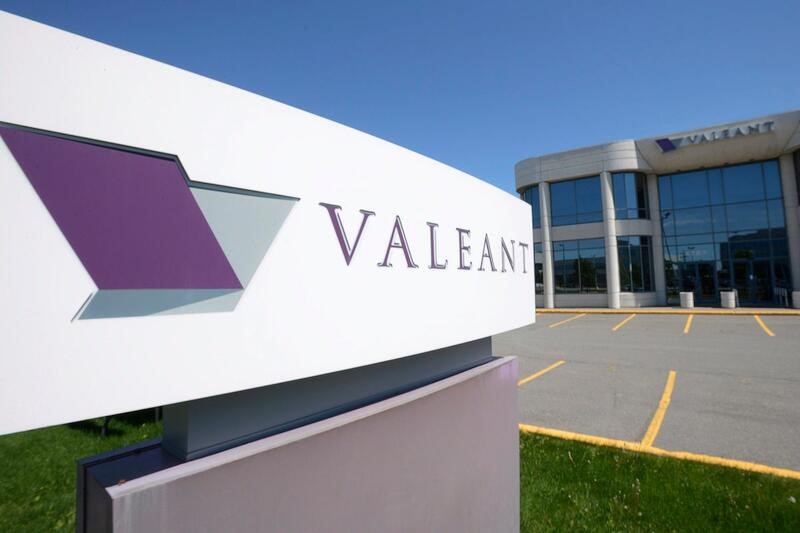The Globe & Mail
Understanding a company’s executive incentive compensation can highlight investment dangers

As seen in the Globe & Mail on January 15, 2024 (for subscribers only)
“Never, ever, think about something else when you should be thinking about the power of incentives.” – Charlie Munger
There is nothing like the right incentive to shape behavior. The person with an upcoming beach vacation is more likely to squeeze a workout into a busy day or look the other way when the dessert trolley comes by. For advisors and investors to understand a business, it is important to analyze the firm’s incentive compensation program. This will provide clues on the actions its leaders may take in the future that have the potential to grow shareholder value – or to destroy it.
For example, at Geico, the U.S. auto insurance company owned by Berkshire Hathaway, the compensation system is simple and transparent. It is designed to create wealth for shareholders. The incentive program has only two variables, expressed numerically, on an X-Y-axis: growth in policies in force and the profitability of the seasoned business. Where they intersect determines the bonus pool for the year. This simple structure incentivizes employees to grow the business profitability over the long term.
Just as the right incentives can drive can grow shareholder value, the wrong incentives can derail a business and damage personal and professional reputations. The notorious case of Valeant Pharmaceuticals is an extreme cautionary example of an executive compensation scheme having unintended consequences.
In early 2008, J. Mike Pearson, a former consultant at McKinsey, was recruited by ValueAct, a small investment firm which was a key Valeant shareholder, to be its new C.E.O. Pearson’s compensation package was designed to encourage him to focus on long-term value creation by giving him exponential bonus payouts for exceptional share price appreciation. His base salary was a modest $1 million, and he was obligated to invest $5 million of his personal funds in Valeant stock. But, based on performance, he stood to make a fortune through the multiplier effect of the incentive program. ValueAct solely measured performance by Valeant’s share price. Pearson did what he had been incentivized him to do: pump up the share price, something he took on with gusto.
By 2015, Valeant Pharmaceuticals had an equity market value of nearly $90 billion. From 2015 to 2017, its share price fell more than 90 per cent. What happened? To keep the share price growing, Pearson aggressively pursued deal-making by buying over 100 companies including Canada’s Biovail. He dramatically reduced investments in research and development, cutting costs to the bone. He also consistently raised prices on drugs. This earned him the ire of the late Charlie Munger who was a chairman of the Good Samaritan Hospital in Los Angeles and called Valeant ‘deeply immoral’. Long story short, by 2016, Pearson was out. In 2018, Valeant was renamed Bausch Health Companies. Investors, including such large hedge funds as Pershing Capital, lost billions.
For advisors, understanding both the potential upside and downside of a company’s incentive compensation program should be part of the risk/reward assessment before making an investment. These are some of the key factors financial advisors should consider:
- Is the compensation incentive program too complex?
- What is the balance between financial and non-financial rewards?
- What is the balance between cash and equity?
- What is the magnitude of the rewards?
- What is the time-horizon for receiving awards—short-, medium, or long-term?
- Are the rewards in alignment with the values and goals of the company?
- Are the rewards in alignment with the maturity of the business, for example, early-stage companies may skew to growth compared to later-stage businesses that would skew to optimization and profitability.
Management that is incentivized by only financial rewards may exhibit a lack of ethics and take short cuts to achieve their monetary goals. Hard won business and personal reputations and shareholder value can be collateral damage.
Sharon Wang, Senior Equity Analyst, PenderFund

How mastering the art of scuttlebutt can generate alpha
As seen in the Globe & Mail on September 20, 2023 (for subscribers only) What is ‘scuttlebutt’? And, how can using scuttlebutt generate alpha—that coveted, yet often illusive investment metric that measures excess return relative […]



